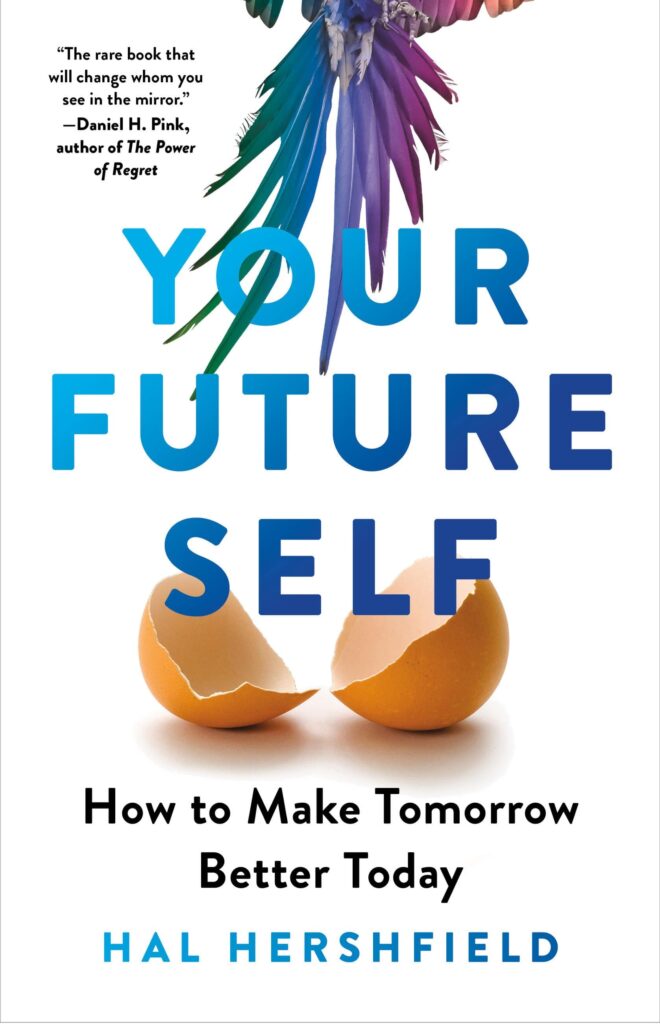
In “Your Future Self: How to Make Tomorrow Better Today,” Hal Hershfield reveals an intriguing perspective on our connection with our future selves and how this affects our decision-making processes.
Disconnection from Our Future Selves
Hershfield’s primary observation is the root cause of many of our problems: our disconnection from our future selves. He asserts that people often perceive their future selves as strangers, leading to decisions that may not be in their long-term best interests. Such behaviors could manifest as neglecting our health, failing to save for retirement, or taking unnecessary risks.
Creating a Dialogue with Your Future Self
To bridge this gap, Hershfield proposes a simple yet effective strategy: initiate a dialogue with your future self. By integrating the concept of our future selves into our present lives, we become more mindful of the potential impacts of our current decisions. One of the practical ways to do this is by writing a letter to our future self and then responding from the perspective of that future self.
The Importance of Forgiving Our Past Selves
Another crucial insight Hershfield emphasizes is the need to forgive our past selves. He argues that acknowledging our past mistakes while maintaining self-compassion allows us to focus on changing future behaviors rather than dwelling on past errors.
The Pitfalls of Focusing Too Much on the Present
Hershfield warns against the pitfalls of focusing excessively on the present at the expense of the future. We often wrongly assume that our future selves will take care of the things we’re currently neglecting. Cultivating a stronger connection with our future selves helps us strike a balance between living in the present and planning for the future.
Finding Harmony Between Present and Future Selves
The ultimate goal is to establish a harmonious relationship between who we are now and who we will become. Hershfield’s approach is not about sacrificing the present for the future but finding satisfaction in the choices we make now and still being satisfied with them in the future. His book is a guide that aims to provide readers with a sense of agency in their journey from the present to the future.
In summary, “Your Future Self: How to Make Tomorrow Better Today” offers profound insights on the interaction between our present and future selves, helping us make better decisions today that we will be proud of tomorrow.
